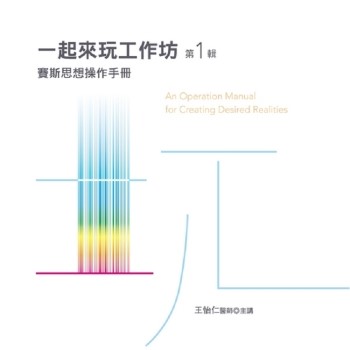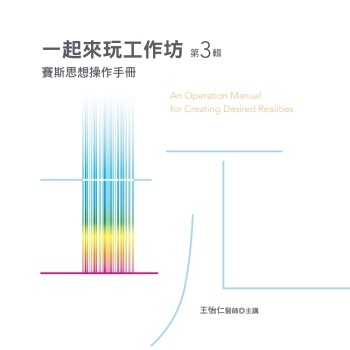Postcolonial Surveillance investigates the long history of the European border regime, focusing on the colonial forerunners of today’s border technologies. The book takes a longue durée perspective to uncover how Europe’s colonial history continues to shape the high-tech political present and has morphed into EU border migration policies, border security, and surveillance apparatuses. It exposes the racial hierarchies and power relations that form these systems and highlights key moments when the past and present interact and collide, such as in panoptic surveillance, biopolitical registers, biometric sorting, and deterrent media infrastructure. The technological genealogies assembled in this book reveal the unacknowledged histories that had to be rejected for the seemingly clean, unbiased, and neutral technologies to emerge as such.
| FindBook |
有 1 項符合
Postcolonial Surveillance: Europe’s Border Technologies between Colony and Crisis的圖書 |
 |
Postcolonial Surveillance: Europe’s Border Technologies between Colony and Crisis 作者:Madörin 出版社:Rowman & Littlefield Publishers 出版日期:2024-04-15 語言:英文 規格:平裝 / 188頁 / 22.86 x 15.24 x 1.09 cm / 普通級/ 初版 |
| 圖書館借閱 |
| 國家圖書館 | 全國圖書書目資訊網 | 國立公共資訊圖書館 | 電子書服務平台 | MetaCat 跨館整合查詢 |
| 臺北市立圖書館 | 新北市立圖書館 | 基隆市公共圖書館 | 桃園市立圖書館 | 新竹縣公共圖書館 |
| 苗栗縣立圖書館 | 臺中市立圖書館 | 彰化縣公共圖書館 | 南投縣文化局 | 雲林縣公共圖書館 |
| 嘉義縣圖書館 | 臺南市立圖書館 | 高雄市立圖書館 | 屏東縣公共圖書館 | 宜蘭縣公共圖書館 |
| 花蓮縣文化局 | 臺東縣文化處 |
|
|
圖書介紹 - 資料來源:博客來 評分:
圖書名稱:Postcolonial Surveillance: Europe’s Border Technologies between Colony and Crisis
|











